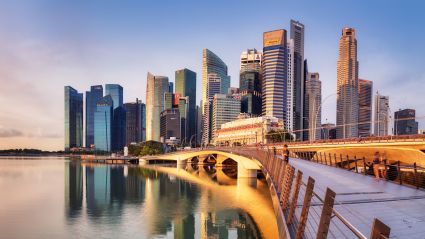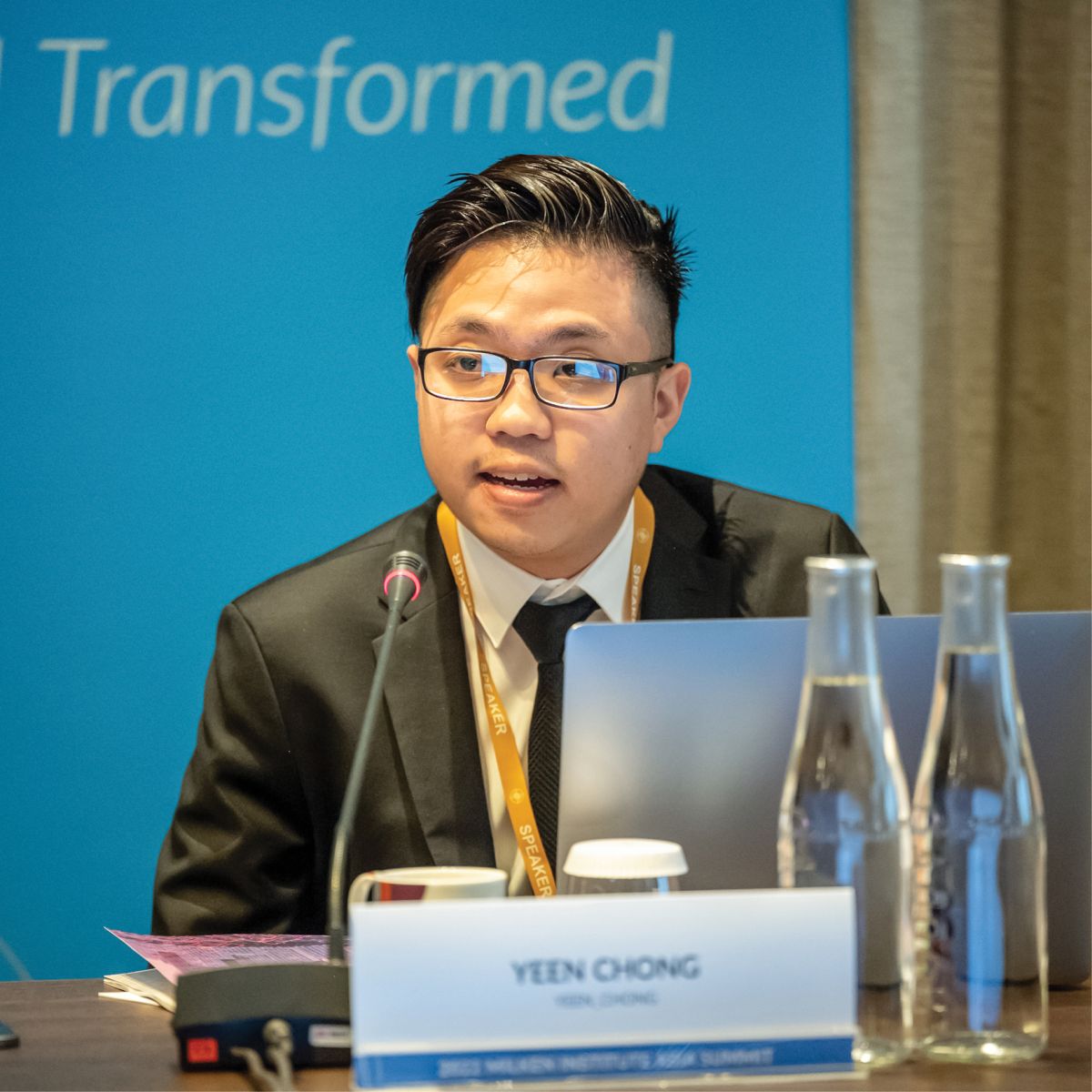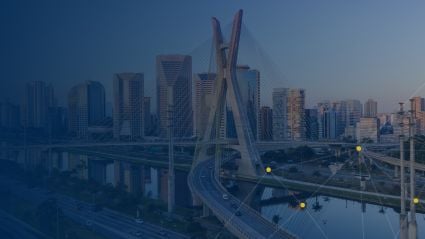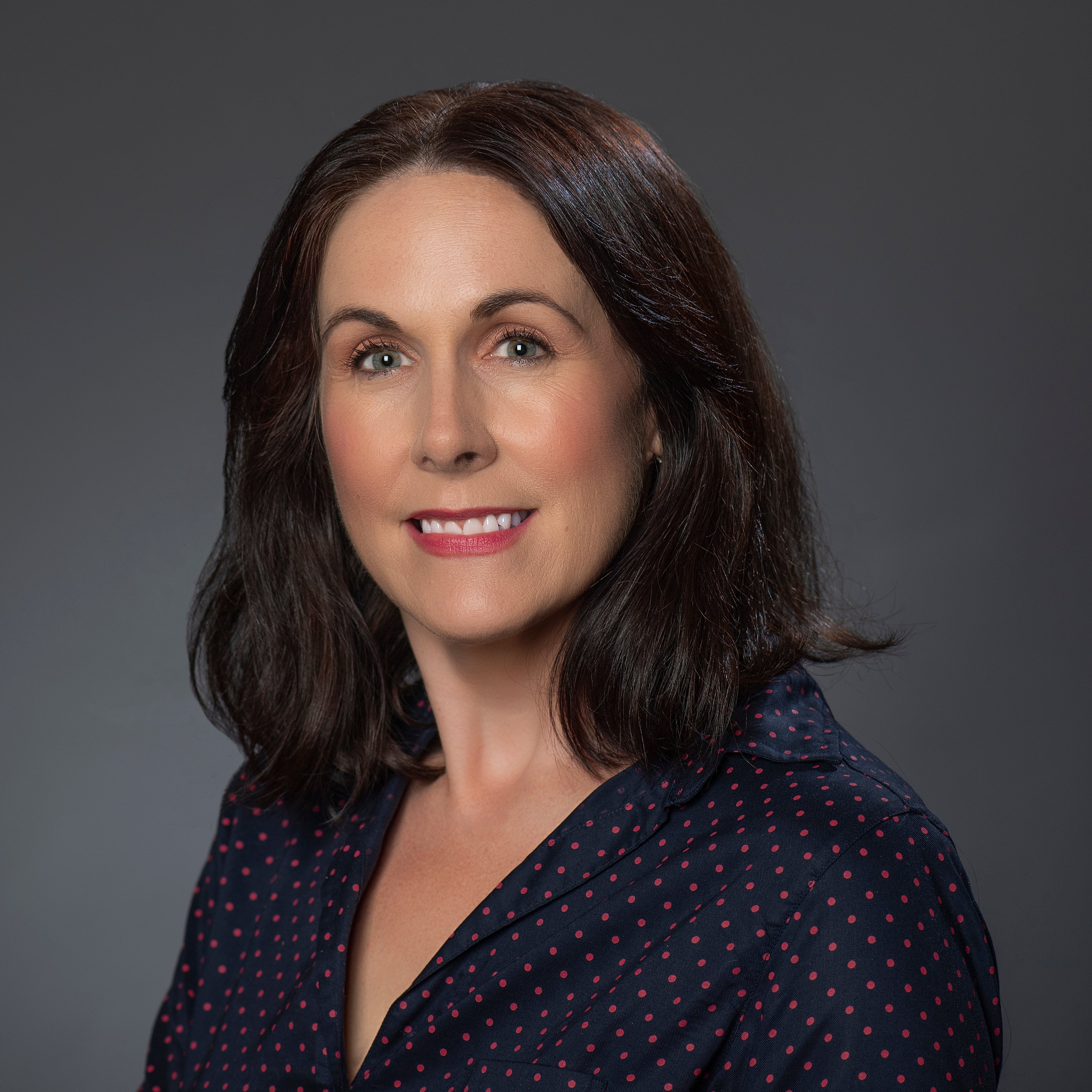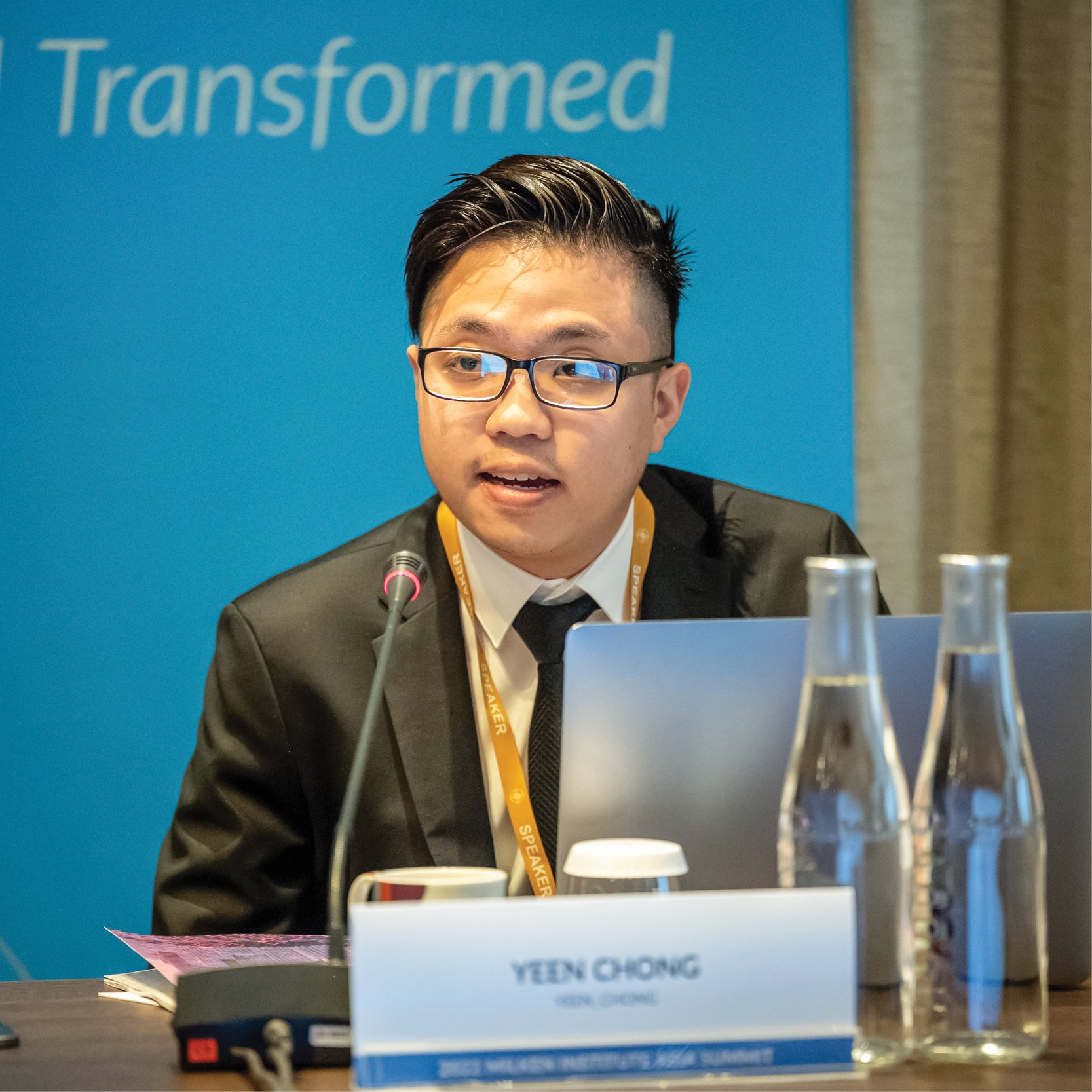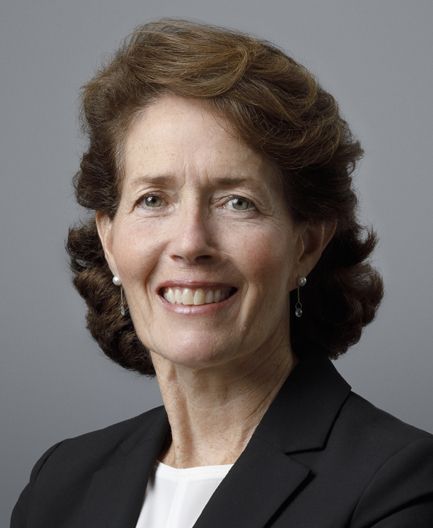
What makes a great corporate leader? The answer has rarely been more complex. The future of leadership is about more than the long-term stewardship of a company’s core function. It will require dealing with technological disruption, shifting geopolitics, and increasingly elaborate stakeholder expectations.
As we look to the future, we find clear role models in Asia’s present: people who have not only withstood change but shaped it, building value-creating companies that find opportunity in external change. These companies will benefit—and lift economies—as themes such as artificial intelligence, biopharma, semiconductors, and the digital economy develop: revenue linked to these themes could reach between $14 and $21 trillion by 2040 in Asia Pacific, nearly twice the figure for the US.
Throughout this year, we have been interviewing the founder-entrepreneurs responsible for the greatest value creation in Asia. In this essay, we highlight three of the many key attributes we have unearthed as vital in a time of uncertainty and flux.
One is a clear sense of missionary leadership. Frequently, this is anchored upon a conviction of aiming to do more than make money: profit should instead be a product of having aimed for something of greater significance.
Mukesh Ambani, CEO of Reliance Industries, told us his father’s saying, “If you want to start a business to impact a billion people, then you have a good chance of success, and, as a by-product, you can make a reasonable amount of money.” To the Ambanis, the company's greatest success has been its role in elevating India itself.
Profit should be a product of having aimed for something of greater significance.
Often visionary leaders consider themselves nation-builders as much as business leaders. Sarath Ratanavadi believes that his mission as founder of Gulf Energy is supporting the Thai economy with reliable and sustainable energy solutions, so that country and company grow together. Kiran Mazumdar-Shaw built Biocon because India had no biotech industry, and in doing so, brought affordable access to life-saving medicines.
Another interesting characteristic is a bold but bounded approach to risk. Many leading entrepreneurs are seen by the outside world as big risk-takers, but in practice, they tend to consider themselves cautious and conservative. Yes, they will take bold positions, but only after ensuring that the downside is survivable. Dilip Shanghvi, the founder and CEO of Sun Pharmaceuticals, is representative when he says, “I will never risk capital, but I will risk profit.” That level of pragmatism can be at odds with the bet-the-farm reputation of some of Asia’s greatest entrepreneurs. The quality of this caution builds resilience, which in turn gifts businesses the agility to grasp opportunities when they emerge.
A third striking attribute is getting the extraordinary out of ordinary people. Asia has a talent shortfall and struggles to develop a pool of expertise to keep pace with growth. Consider Indonesia, where productivity must grow 1.6 times to meet aspirations to be a high-income country by 2045, yet only 6 percent hold a diploma or higher education degree. Consequently, it is incumbent upon Asian leaders to develop people internally rather than hiring in a scarce market.
This perhaps sees its most renowned expression in the institutions built by Infosys, from its Leadership Institute to its Global Education Center, but most leading Asian founder-led companies have built systematic methods of shaping talent internally, like Japan’s Unicharm’s training handbook or the Mahindra Universe Program.
Starting with younger people, with a strong work ethic and a willingness to learn, makes it easier to mold the desired unified outlook for a successful corporate culture. Rather than experience, Biocon’s Mazumdar-Shawhas sought an attitude: “I decided that everyone has to be a problem-solver.” Much of Biocon’s expertise today has grown alongside her through 25 years of open-minded learning.
A similar attitude is entrenched at Reliance. “Our business goal is always 10 times bigger than any one person,” Ambani says. But the employee who accepts and works within that context will be looked after. “We always had the culture of saying that once you are part of us, we take care of everything.”
These leaders’ lessons are potent today and relevant for the future at a time of great uncertainty in which 30 percent of global trade could swing from one trade corridor to another by 2035. A long-term guiding mission, a refined attitude to risk, an ability to shape raw talent toward a unified cause: these are timeless characteristics of leadership.

